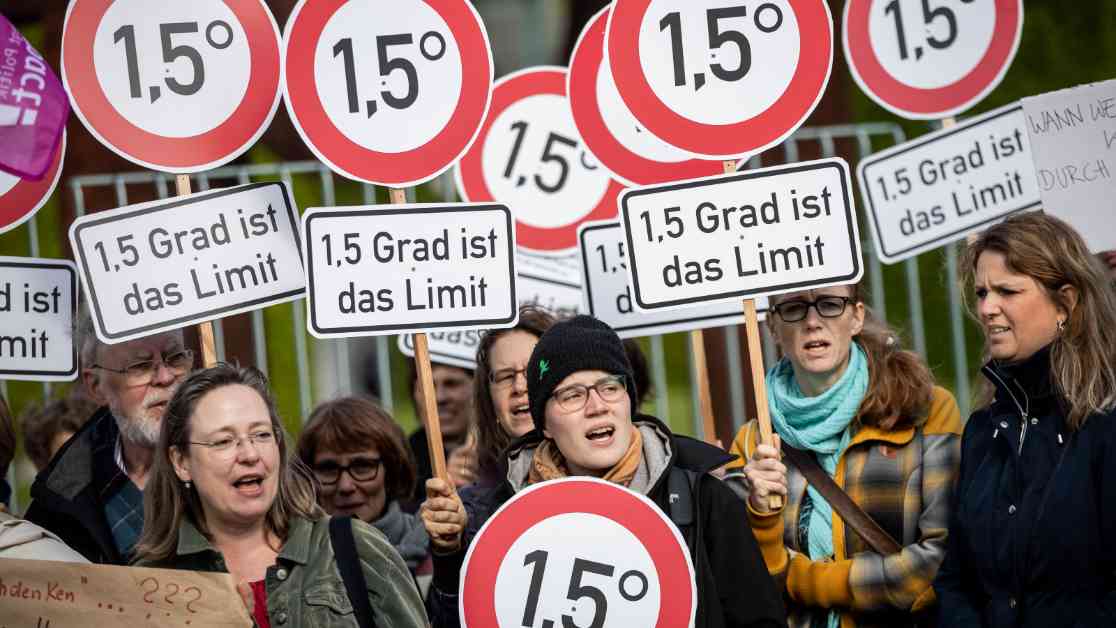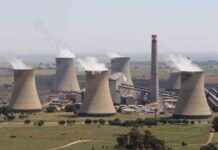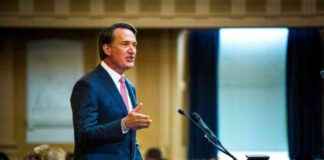In 2015, the Paris Agreement set ambitious goals to limit global temperatures to 2 degrees Celsius above preindustrial levels and strive for 1.5 degrees Celsius. However, recent studies in the journal Nature Climate Change suggest that these targets might be in jeopardy. The findings indicate that the record heat observed in recent years, surpassing the 1.5-degree threshold, is not a fleeting anomaly but rather a concerning trend towards exceeding this critical climate goal over the long term.
As the world continues on this upward trajectory, even amidst natural cooling patterns like La Niña, the data remains alarming. January of the new year, despite these conditions, saw temperatures soar to 1.75 degrees Celsius above preindustrial levels, setting a new record. The implications of these rising global temperatures have sparked discussions about the potential consequences of breaching the 1.5-degree mark.
One might ask, are we standing on the precipice of a climate catastrophe? Mike Hulme, a professor of human geography at the University of Cambridge, offers a nuanced perspective on the situation. He challenges the notion of viewing global temperatures through a doomsday lens, emphasizing that people are more concerned with how climate change impacts their daily lives rather than abstract temperature readings. Hulme argues against setting rigid deadlines, suggesting that such an approach may hinder rather than facilitate progress in addressing climate change.
In a conversation with Grist, Hulme delves deeper into the pitfalls of fixating on specific temperature thresholds and discusses alternative ways to approach climate action. He highlights the dangers of portraying climate change in binary terms, such as a catastrophic event triggered by exceeding a particular temperature limit. Instead, he advocates for a more holistic understanding of climate change as a gradual and interconnected risk that requires sustained, long-term efforts.
Reframing Climate Action: Beyond Arbitrary Deadlines
Hulme’s insights shed light on the limitations of setting rigid deadlines for climate action. He cautions against the notion that failing to meet specific temperature targets equates to a total failure in addressing climate change. By reframing the conversation around decarbonization and sustainable development goals, he suggests a more pragmatic and sustainable approach to tackling climate challenges. Rather than fixating on arbitrary deadlines, Hulme proposes focusing on long-term strategies that prioritize decarbonization and sustainable development without succumbing to the pressure of artificial timelines.
Rethinking Climate Narratives: A Call for Nuanced Discourse
The prevailing narrative of climate change as an impending crisis with looming deadlines may not accurately capture the complex and evolving nature of the issue. Hulme challenges the conventional wisdom of framing climate change as a ticking clock scenario, urging for a more nuanced and multifaceted discussion. By emphasizing the interconnectedness of climate change with broader societal and environmental challenges, he advocates for a holistic approach that integrates climate action into wider sustainable development efforts.
In conclusion, the debate surrounding climate targets and deadlines reveals the need for a shift in how we perceive and address climate change. Rather than relying on arbitrary thresholds and doomsday scenarios, a more comprehensive and nuanced approach that considers the long-term implications and interconnected nature of climate challenges is essential. By reframing the discourse around climate action and sustainability, we can foster a more informed and effective response to the pressing issue of global warming.














